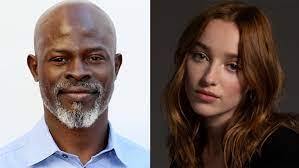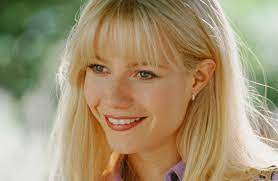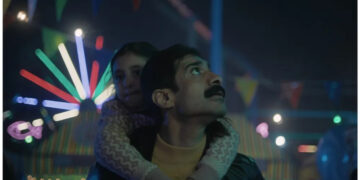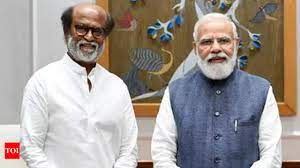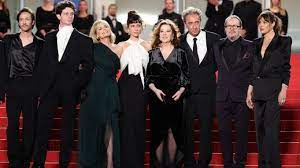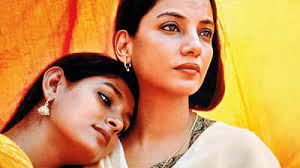In the realm of cinema, while the portrayal of women characters has evolved beyond the traditional damsel in distress, the representation of female sexuality on screen remains a subject of contention. Notable instances include Deepa Mehta’s “Fire” (1996), which sparked a discussion on female desire but faced protests for allegedly contradicting Indian cultural values. Similarly, Alankrita Shrivastava’s “Lipstick Under My Burkha” (2016) encountered a five-month ban from the censor board, citing a “lady-oriented” storyline.
Recent films like “Thank You For Coming” and “Lust Stories” have contributed to the discourse on female desire by featuring strong women characters expressing their needs and desires. In a conversation about “Fire,” Deepa Mehta emphasized her intention to explore how patriarchy defines women’s loneliness and shapes their discovery of their own sexuality.
Director Leena Yadav, known for “Parched” (2015), acknowledges the increased depiction of female desire on screen but highlights the need for normalization. She believes that in love stories or any relationship portrayal, a woman’s needs should be portrayed as a normal aspect. However, she notes that societal attitudes and actors’ reluctance to portray female desires contribute to the challenges.
Lyricist Kausar Munir praises Gulzar’s songs, such as “Na Jao Saiyan” and “Aaj Kal Paon Zameen Par,” for exploring female desire from a woman’s perspective. Yet, she acknowledges that the goal of depicting sexuality on screen remains distant, with societal awareness and progress necessary for true advancement.
Leena Yadav expresses concern about the underdeveloped portrayal of female characters in current cinema, asserting that many films claiming to be feminist are, in fact, male fantasies of feminism. She laments the lack of fully developed female characters in commercial cinema, stating that the depiction of female desire on screen was more advanced in the 70s.


